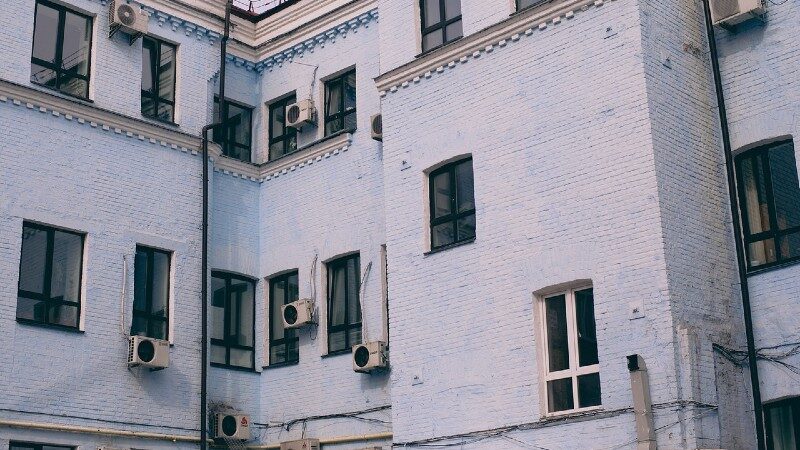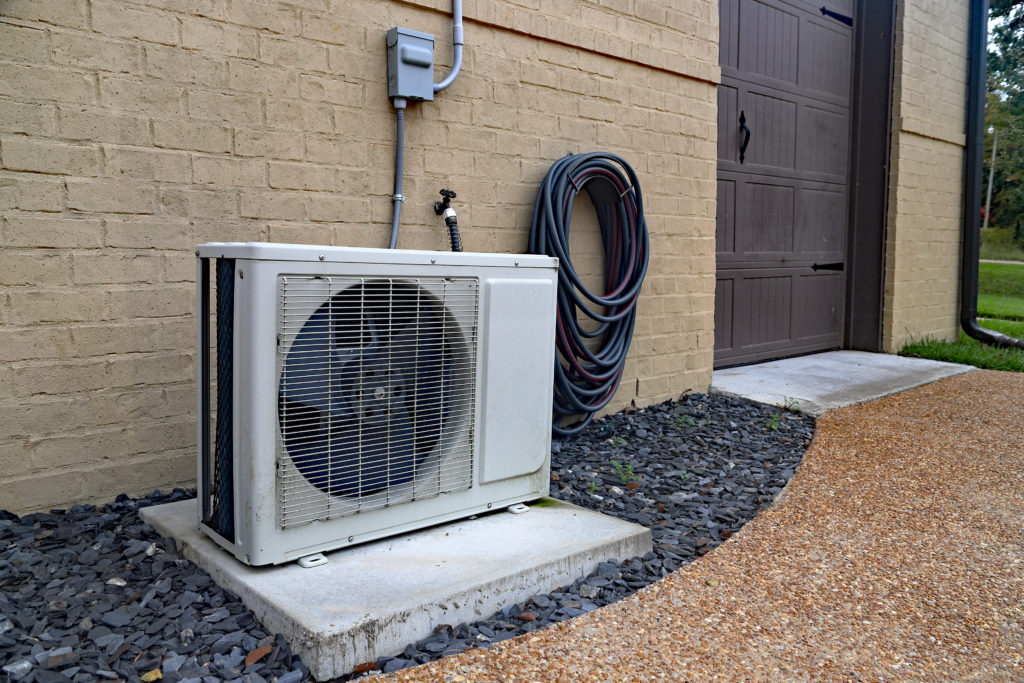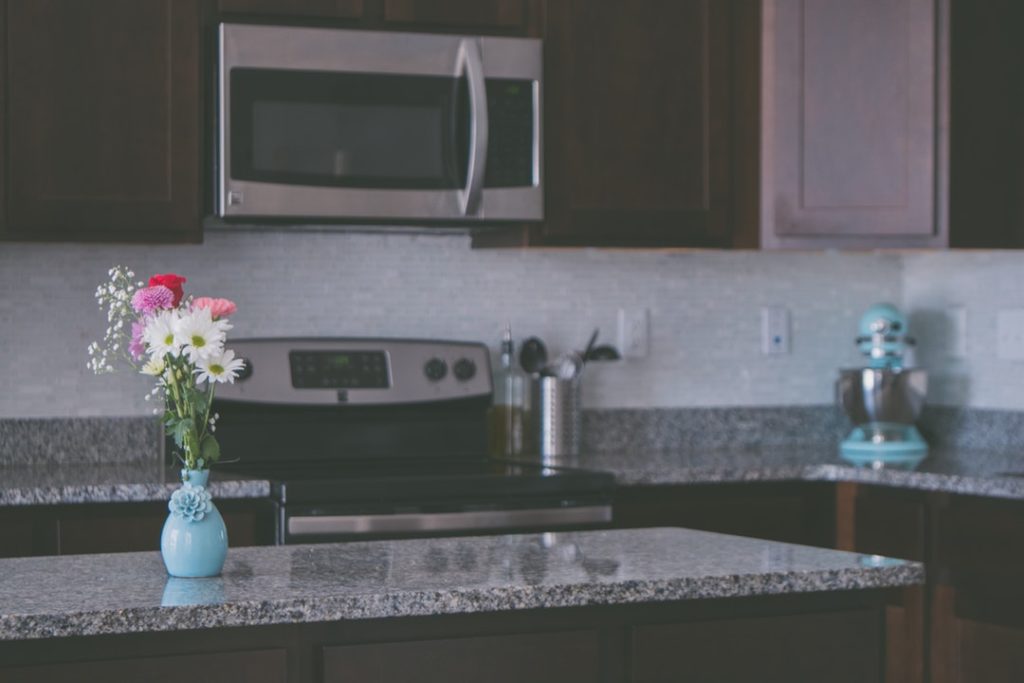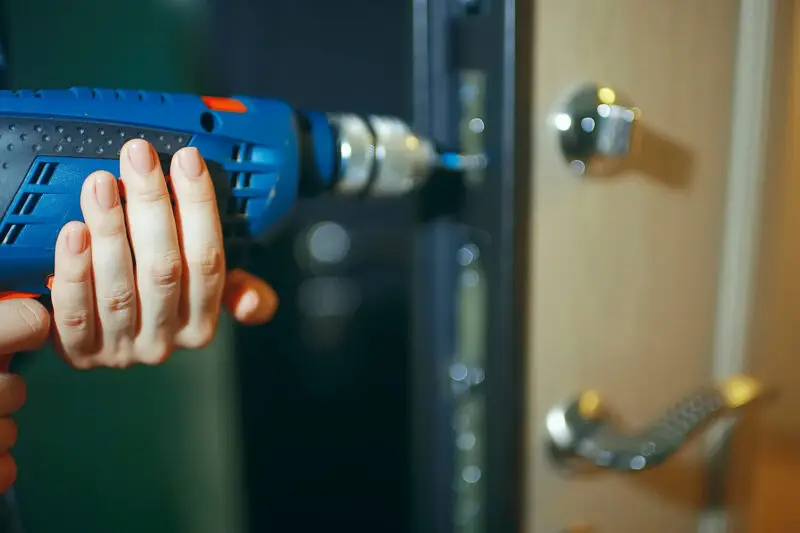Disclosure: This post may contain affiliate links, meaning we get a commission if you decide to make a purchase through our links, at no cost to you. Please read our disclosure for more info.
Your HVAC (Heating, Ventilation, and Air Conditioning) system is a significant component of creating a safe, clean and comfortable home. Moreover, such systems run all year, all year round. Because of this, inevitably, these systems won’t last long, and if you are unfortunate enough, you might be burdened with replacing such systems in a span of 10 to 15 years.
Fortunately, there are things you can do as a homeowner to avoid this predicament. Check out these tips to keep your HVAC system perform better in the long run and lengthen its lifespan before facing a replacement.
In This Post:
Invest in Bi-Annual Optimizations
Your HVAC system can perform at its best over a particular time until it drops down throughout the years and can no longer provide as better as the first year. Investing in checkups at least twice a year optimizes them to their top shape while checking for possible repairs and maintenance.
Get your system optimized by a professional technician. There are various long-standing companies of expert HVAC technicians out there that repair, maintains, and even helps with HVAC installations. Hence, make sure to find one that can fulfill your needs.
Technicians can do a full assessment of your HVAC system for a small fee. In addition, should you face significant repairs and renovation, many offer assistance and provide flexible payment schemes for a no-hassle service.
If you’re in need of a technician for your HVAC system, Blue National HVAC offers 24/7 emergency services and inquire for more information on their services and appointment opportunities.
Change Your Filters
Although it’s the technician’s job to change your HVAC air filters, as a homeowner, you can consider doing it yourself.
Depending on the homeowner’s preference, most filters are 30-day disposable filters or special filters that can be cleaned regularly. Of course, as a homeowner, you should check them as recommended by the manufacturer. But generally speaking, once your filter is dirty and too dusty, get them cleaned or replace them immediately.
A dirty filter means that the system has to push out more power to achieve standard performance. If neglected, these can deteriorate your system and become a fire hazard due to the accumulation of combustible materials.
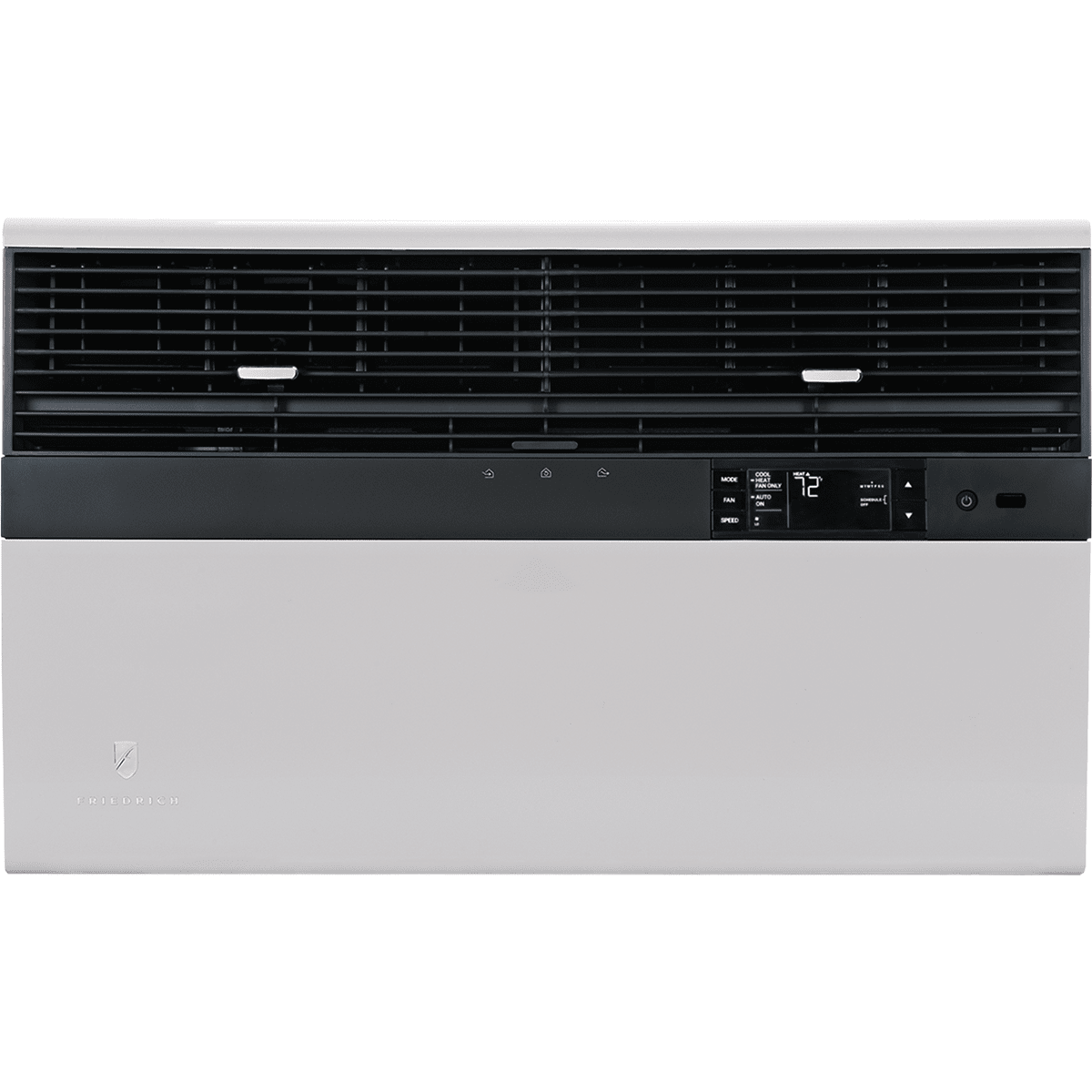
Clean Out Your Condensing Units
Commonly found in Air conditioners and industrial coolers outside the building. These units act as large heat filters, expelling heat, dirt, and grime while pumping cold air inside.
And just like the filters mentioned above, these condensing units get accumulated with grime and dirt. These further contribute to the burden your system faces and requires regular cleaning.
Fortunately, cleaning condensing units is easy and requires little effort. To clean these units, lightly brush and spray them with water. The metal fins on condensing units are soft and malleable, so a light brush and water should do the trick.
Additionally, you should also give these units clearance away from outdoor flora. Plants near the units also contribute to the overall gunk your units get. So, if you have extra time on your hands, cut off wild plants and give your units some space.
Check For Drain Pipe Leaks
All HVAC systems have drains for moisture passing through. Unfortunately, over time, these pipes get clogged with forming algae and cause leaks that deteriorate your system and give off a musty, earth-like smell.
Should you start smelling an earth-like smell in your attic or see leaks in the ceilings, get your pipes checked by a professional. Alternatively, you can do it by yourself by manually draining them down and cleaning them using bleach.
Purchase a Smart Thermostat
Smart thermostats are thermostats that can be programmed to control power usage and optimize your HVAC unit. Getting your system programmed to an intelligent thermostat bears long-lasting advantages that all homeowners would love to have.
Simply put, intelligent thermostats manage the power output and usage schedules in your system with minimal supervision. Giving your HVAC system to rest and controlled usage makes them last longer. Some models also offer a security feature that controls a unit when faced with leaks and disruptions.
Set Your Systems to Auto Fan Setting
Modern HVAC systems strive to become energy-efficient while providing quality performance. As a result, most systems have two prominent features in their control panels, the “On” and “Auto” fan settings.
Both features have different advantages. The “On” fan setting lets your system constantly run on the same performance values. This is good for people with respiratory issues that require treated air. However, this setting damages your system in the long run and accumulates dust and particles faster.
On the other hand, “Auto” settings are used when the system is actively heating or cooling, and it changes depending on the current state of the system. In turn, it lasts longer and is more efficient.
Takeaway
HVAC systems are essential in making a home safe and comfortable, and as such, these systems require a lot of long-term care and maintenance to last longer. Make sure you have a good HVAC partner to help you take care of your system for years to come.

